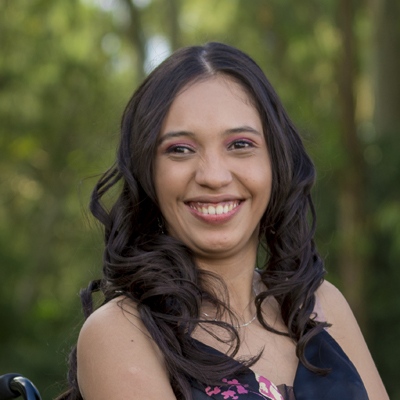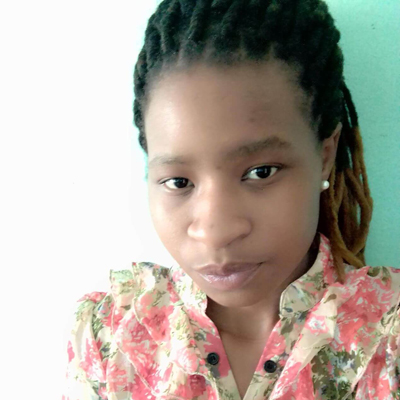On 26 March 2023, GPE and Girls Not Brides organized a webinar to highlight the connections between menstrual hygiene, gender equality, child marriage and education in recognition of Menstrual Hygiene Day on May 28.
As part of GPE activities on that day, 3 GPE youth leaders share their perspectives on the links between education, gender equality and menstrual health, and the importance of leveraging education to improve menstrual hygiene for all girls.

Maria José is a 28-year-old GPE youth leader from Guatemala where she advocates for human rights for people with disabilities. She is also part of the United Nations Development Programme (UNDP) youth advisory group in Guatemala. She collaborates with "Miss Wheelchair Guatemala." Maria José firmly believes that sport is a tool to create a better world and empower people to exercise their rights. She likes to describe herself as an unstoppable dreamer and education fighter.

Tendai is a 22-year-old GPE youth leader from Zimbabwe. She is a dynamic young leader who is passionate about advancing the leadership of girls and young women in sexual health and reproductive health rights (SRHR), HIV prevention, gender equality and education. She is the co-founder of the Development Agenda for Girls and Women in Africa Network. Tendai is also part of Generation Unlimited’s Young People's Action Team (YPAT).

Sovanvotey (Votey) is a 27-year-old GPE youth leader and Cambodian menstrual health and climate activist. She is the founder of Green Lady Cambodia, which launched the Menstrual Health Classroom to talk about period shaming, menstrual health awareness and choices for girls in public school classrooms. Through these activities, she introduces conversations around SRHR, comprehensive sexuality education) and harmful gender norms. She believes in improving quality of life skills in an unconventional way, as it is the key to a better future for all.
